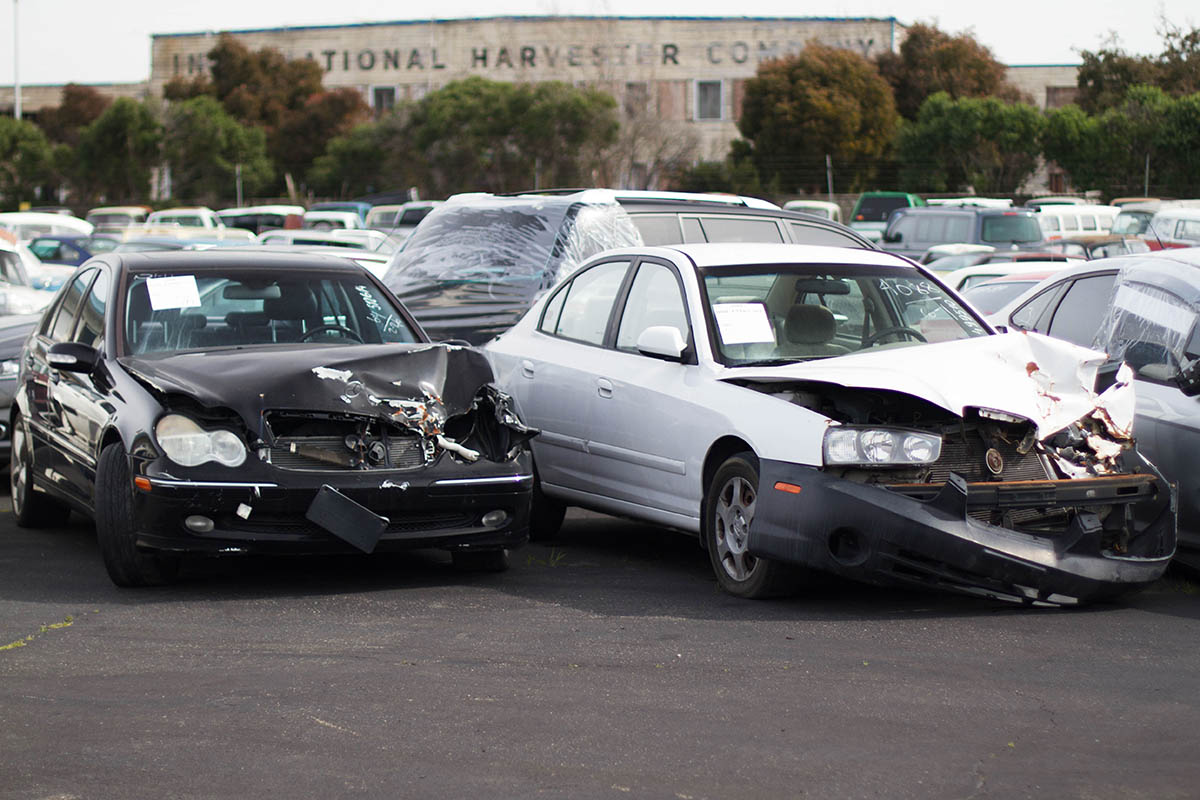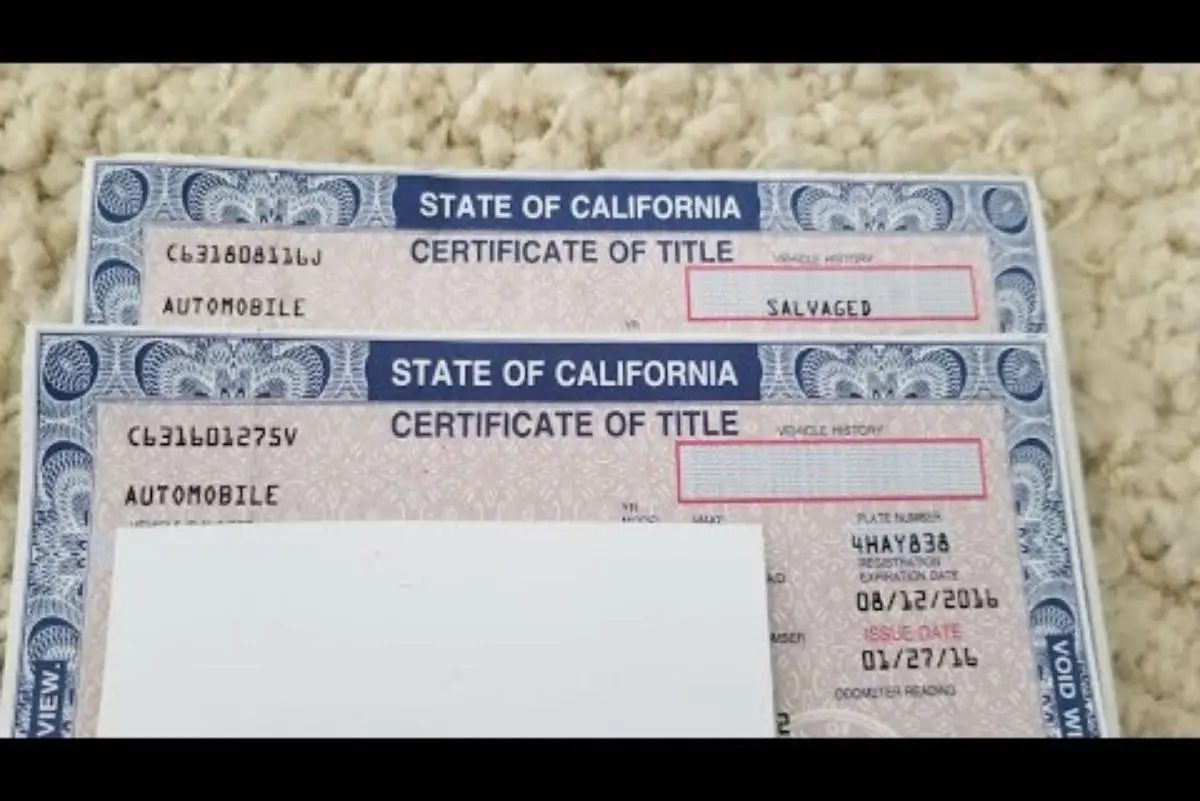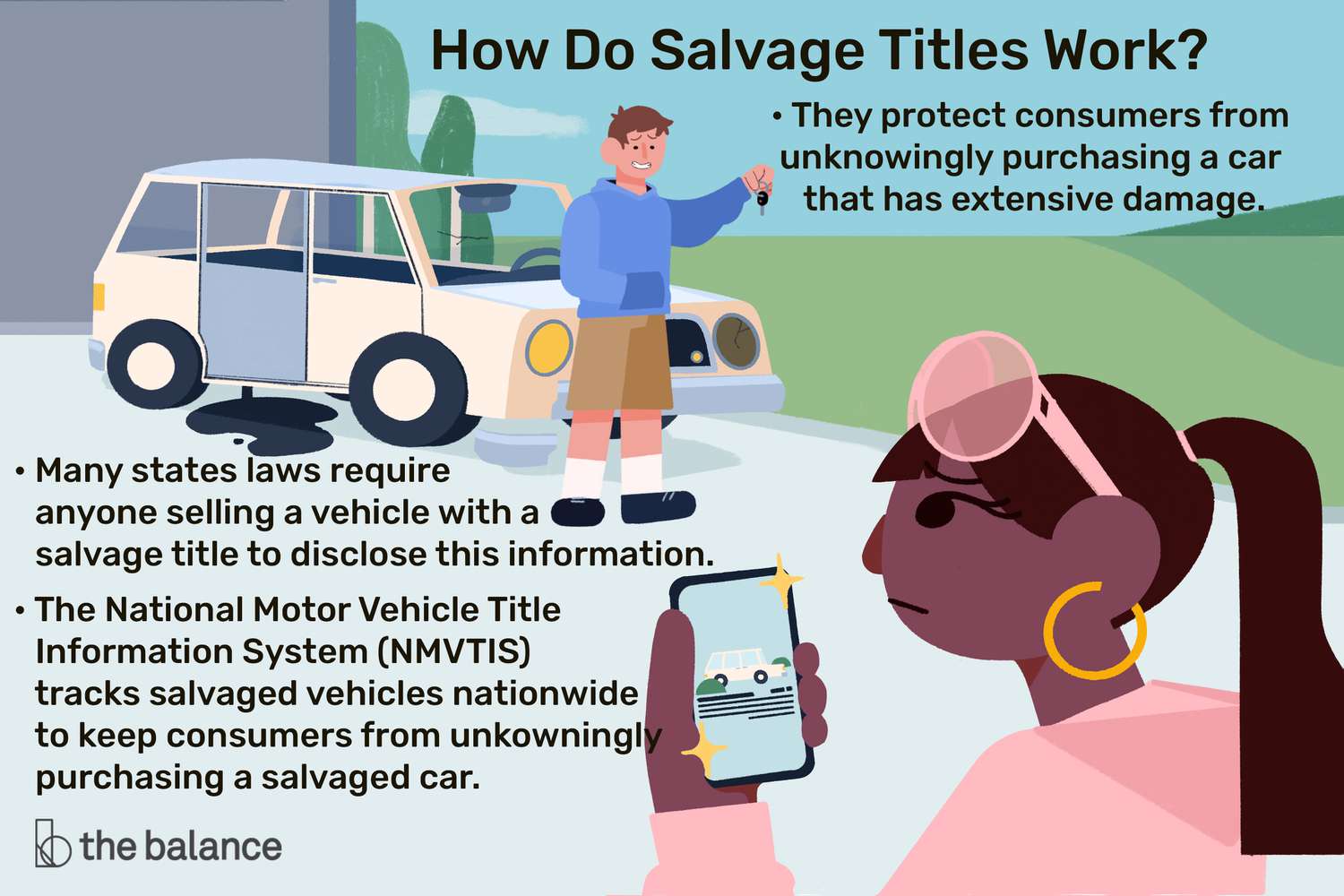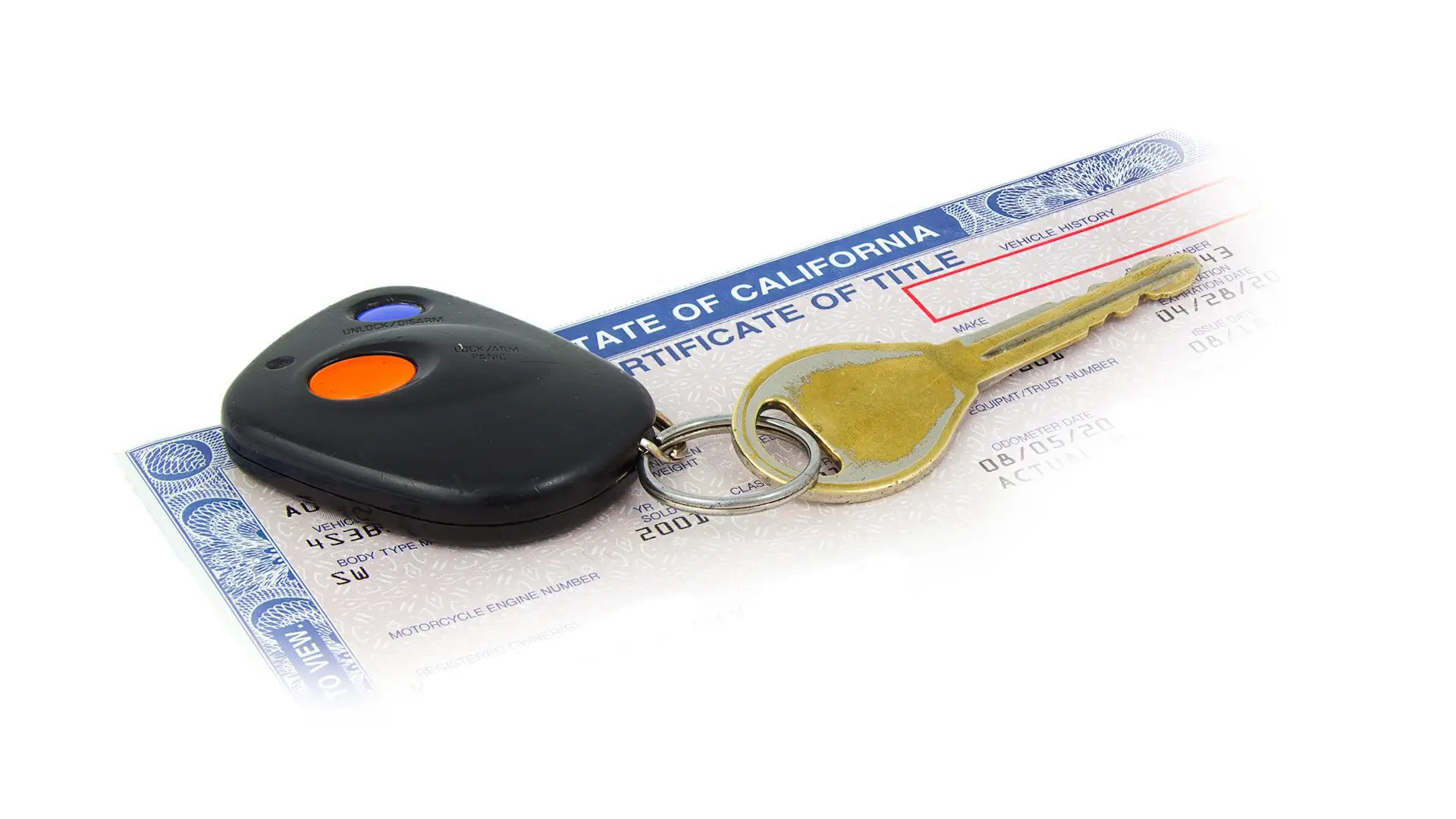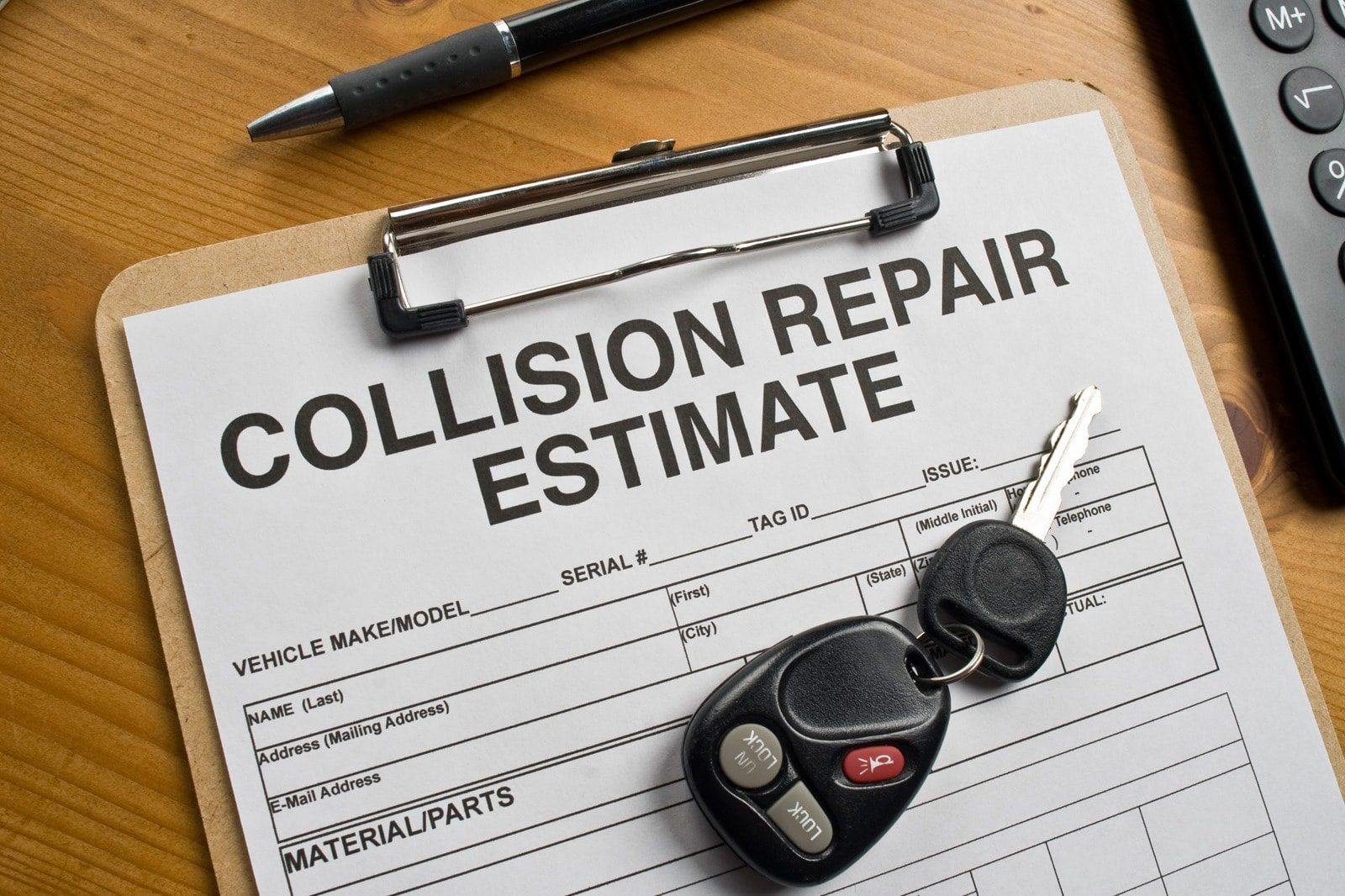Are you looking to purchase a used vehicle and are tempted by a particularly sweet-looking deal price-wise? You may want to tread with some caution. Salvage-title cars are known to hide under the guise of low price tags, especially compared to similar models in the market. If indeed, your target vehicle has a salvage title, you’ll want to ensure your due diligence, covering all angles, is in place before making the final buying decision.
In the automobile industry, a salvage title is an official form of vehicle branding that indicates that the car has suffered significant damage in the past and has been deemed a total loss by an insurance company that settled a damaged vehicle claim.
In case of a damaged vehicle claim, it is not unusual for insurance companies to declare the vehicle a total loss and decide to pay out cash instead. This is often the case when an evaluation reveals that it is not economically feasible to undertake repairs on the vehicle. For example, consider instances where the estimated cost of repairs ranges anywhere from 75% to 90% of the car’s value. When this happens, the state motor vehicle agency will typically issue a salvage title for the car, meaning it cannot be sold, registered or driven in its current condition.
A salvage title does not always mean the car has been in some collision. There are several other reasons why a vehicle may receive a salvage title. They include fire, flood or hail damage, vandalism, theft recovery,non-repairable defects or the car being sold for parts.
Is a Salvage Title an Immediate Write-off for the Car?
The simple answer here is ‘no.’ A salvage title does not necessarily mean a car is an immediate write-off. Depending on the severity of the damage and the applicable state laws, some vehicles with salvage titles may be properly repaired and returned to a safe driving condition.
Via InsuranceNoon
The critical point here is to note the applicable legislation before parting with funds. This is especially important if you intend to rebuild the car and either drive or resell after purchase.
Buying a Vehicle with a Salvage Title
Via The Balance
We have already established that it is possible to legally purchase vehicles with salvage titles. They should not be too hard to spot as well. All 50 US states are required by law to disclose whether a car has sustained severe damage for reasons related to fairness and consumer safety. The decision to purchase will usually revolve around the under-listed factors.
Budgetary Considerations
The wallet size is one of the primary drivers of the decision to purchase a car with a salvage title. These vehicles are often listed way below market value and may be an attractive proposition for someone who simply cannot afford the price of undamaged used or brand-new cars. However, while saving money on a used car can be appealing, it is highly recommended that you do your research before purchasing. Among other things, understand the nature of the past damage and legal requirements around registration.
Buying a Car for Parts
Salvage-titled cars may be the way to go when shopping for cheap parts, especially when the parts are difficult to acquire through conventional means. Examples are spare parts for limited-production cars or classics that have long been discontinued.
Personal Projects
Cars with salvage titles can turn out to be the perfect blank canvas for budding home mechanics, custom builders and other gearheads to practice or show off their skills. Since they can be bought cheaply, there’s usually some money left for parts, allowing these individuals to undertake a complete rebuild and really trick out the car.
Some considerations before buying a Car with Salvage Title
Via The Drive
You cannot completely eliminate the risks inherent in buying a car with a salvage title. However, you can take steps to minimize them and ensure a safer purchase.
A Comprehensive Pre-purchase Inspection
Don’t get carried away by the seller’s description of the vehicle’s mechanical condition. Engage the services of a professional to carry out a full inspection to identify the full effects of the past damage or extent of repair work that has been carried out. This will give an idea of future repair bills and help determine if it makes economic sense to proceed with the purchase.
Obtain the Vehicle History Report
In addition to the inspection, a detailed vehicle report can help provide more details about the incident that triggered the issuance of a salvage title. A report indicating that the vehicle was towed from the accident scene or was entirely submerged by water are red flags that should not be ignored.
Consider the Insurance Options
Not all insurance companies will issue a policy for a vehicle with a salvage title. The ones that agree may only offer liability insurance coverage; that’s the minimum requirement for most states. On the upside, the insurance market is a competitive one. If you keep shopping, you will be able to compare rates and packages before deciding on one that best suits your purpose.
Challenges tied to Salvage-Titled Vehicles
Via Car and Driver
Salvage-titled cars come with a host of concerns, some of which are potentially serious enough to be deal breakers.
Safety concerns
Safety ranks among the most significant issues with buying a vehicle with salvage history. It may be impossible to determine the actual extent of the damage that caused the car to be written off. Repairs done to rectify the damage could have been done improperly, and worse still, problems with these types of vehicles may not show up for several months into new ownership.
Insurance and Financing
As mentioned earlier, securing insurance for cars with salvage history may be tricky, even with all the documentation in place. Also, banks are often reluctant to provide financing. They may charge a hefty premium to compensate for the added risk if they decide to go ahead with the funding.
Resale value
It is hard to sell or trade in a vehicle with a salvage title. Most dealerships will shy away or offer significantly less than a similar model with a clean title. It is the same situation with a private sale, and the seller may just have to take a bit hit on the price to push the deal through.
The Bottom Line
Via Edmunds
Buying a car with a salvage title could end up saving you money. However, several inherent risks are serious enough to outweigh any potential benefits. It may be best to stay away altogether, but if you decide to proceed, ensure you do your research; understand the past damage, the scope of repairs done (if any) and applicable legal requirements.


